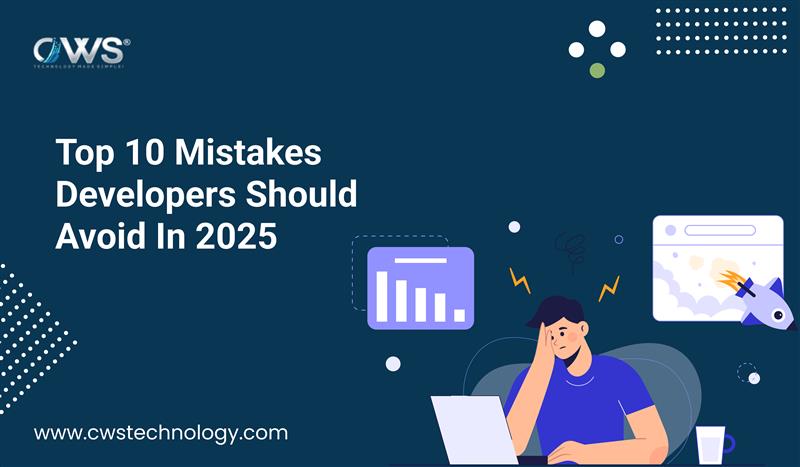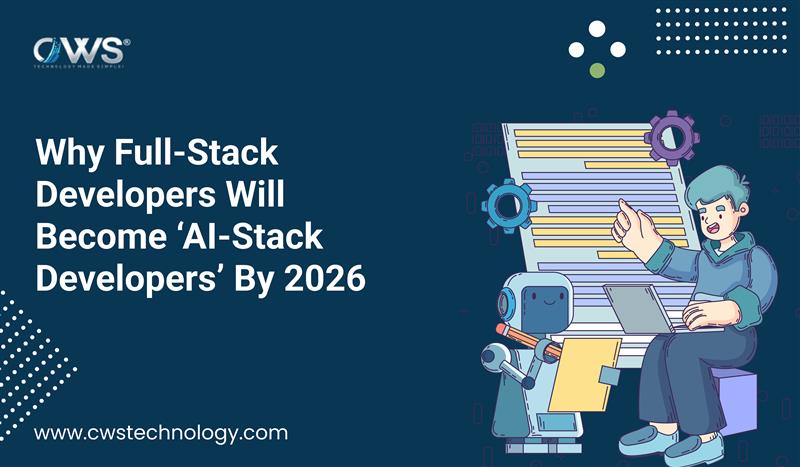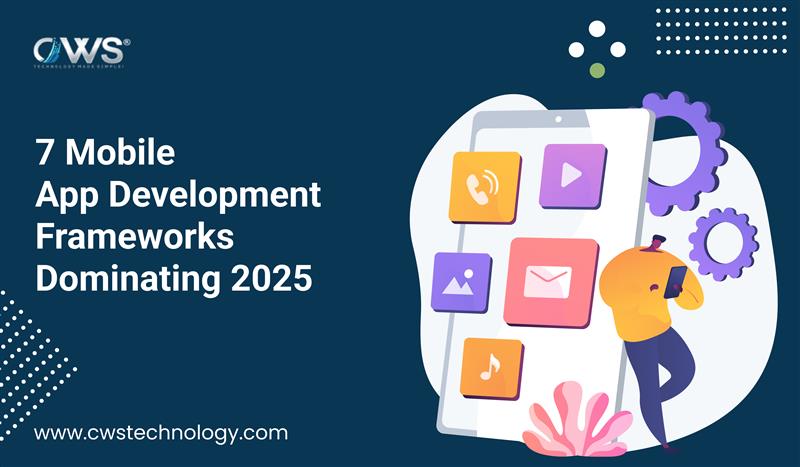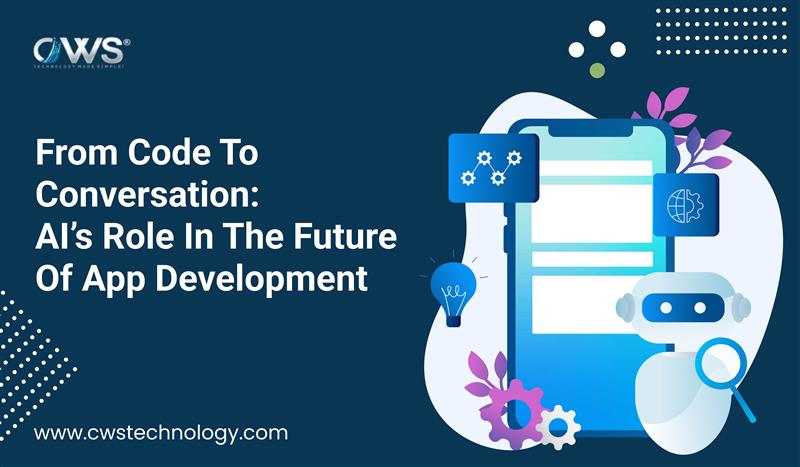Top mistakes developers should avoid in 2025 are not just about bad coding habits — they’re about adapting to a fast-evolving digital world. With rapid changes in frameworks, AI integration, and cloud-first development, developers need more than just technical skills — they need adaptability, foresight, and discipline. This guide explores the ten biggest pitfalls that modern developers face in 2025 and how to steer clear of them to ensure long-term career growth and project success.
1. Ignoring AI-Assisted Development Tools
In 2025, AI coding assistants have become essential to modern software development workflows. Ignoring these tools can significantly slow your productivity and limit your competitiveness.
Why it’s a mistake:
AI-assisted tools like GitHub Copilot, ChatGPT for code, and Tabnine aren’t meant to replace developers — they’re meant to augment them. Developers who resist using these tools risk being left behind.
Best Practice:
Leverage AI to automate repetitive tasks like documentation, boilerplate generation, and test writing — but always validate the generated code for logic, efficiency, and security.
2. Overlooking Security in Early Stages
Security isn’t a post-launch checklist anymore — it’s a mindset that starts from day one.
Why it’s a mistake:
Many developers still treat security as an afterthought, leading to vulnerabilities that cost companies millions. With increased cyber threats, regulatory scrutiny, and AI-driven attacks, this is no longer acceptable.
Best Practice:
- Integrate DevSecOps into your pipeline.
- Use secure coding practices, static analysis tools, and dependency scanning.
- Regularly update packages and frameworks.
3. Ignoring Code Documentation and Comments
Documentation remains one of the most ignored aspects of development.
Why it’s a mistake:
In fast-paced projects, developers skip documenting their logic, which makes debugging and collaboration painful. Future maintainers — or even your future self — will struggle to understand the code.
Best Practice:
- Use tools like JSDoc, Swagger, or Doxygen for auto-documentation.
- Keep comments concise but meaningful.
- Maintain a living README that evolves with the project.
4. Writing Code Without Testing
Skipping tests to “save time” usually backfires.
Why it’s a mistake:
Untested code often breaks during integration or scaling, wasting more time in the long run. In 2025, testing is non-negotiable, especially with the availability of automated frameworks.
Best Practice:
- Adopt Test-Driven Development (TDD) or at least unit testing.
- Automate tests using frameworks like Jest, Mocha, or PyTest.
- Integrate testing into CI/CD pipelines to catch bugs early.
5. Neglecting Performance Optimisation
In 2025, user patience is at an all-time low. Slow apps loose engagement fast.
Why it’s a mistake:
Developers often focus on “getting it to work” rather than “making it efficient.” Poor optimisation affects scalability, SEO (for web apps), and overall user experience.
Best Practice:
- Monitor performance using tools like Lighthouse, New Relic, or Data dog.
- Optimize queries, minimize payloads, and use caching.
- Implement lazy loading and code splitting where possible.
6. Failing to Stay Updated with New Frameworks and Trends
Technology evolves faster than ever. What’s relevant today may be outdated next quarter.
Why it’s a mistake:
Developers who stop learning quickly become obsolete. Sticking to old technologies can limit job opportunities and reduce your project’s competitiveness.
Best Practice:
- Dedicate weekly time to learning.
- Follow thought leaders on GitHub, X (Twitter), or Dev.to.
- Experiment with emerging frameworks like Bun, Remix, or SvelteKit.
7. Poor Version Control Practices
Using Git incorrectly — or not at all — can lead to chaos.
Why it’s a mistake:
Developers who don’t commit regularly, skip branching strategies, or overwrite changes can cause massive setbacks in collaborative environments.
Best Practice:
- Follow GitFlow or Trunk-Based Development.
- Commit often with meaningful messages.
- Review code using pull requests to maintain quality.
8. Ignoring Code Readability
Code that only the original developer understands is a liability.
Why it’s a mistake:
Unreadable code slows onboarding, debugging, and scaling. In a collaborative environment, clarity trumps cleverness.
Best Practice:
- Follow style guides like Airbnb’s JavaScript Style Guide.
- Use consistent naming conventions.
- Run linters (ESLint, Prettier) to enforce formatting standards.
9. Not Prioritising Soft Skills
Technical brilliance means little if you can’t communicate or collaborate effectively.
Why it’s a mistake:
Developers often underestimate how much teamwork, empathy, and communication matter — especially in hybrid or remote teams. Poor collaboration leads to missed deadlines and misunderstandings.
Best Practice:
- Improve written and verbal communication.
- Participate actively in code reviews and discussions.
- Learn to take feedback constructively.
10. Burning Out from Overwork
Developers often push themselves to the edge to meet deadlines or keep up with trends.
Why it’s a mistake:
Burnout kills creativity, productivity, and long-term health. A tired developer writes buggy, inefficient code.
Best Practice:
- Take regular breaks.
- Maintain a healthy work-life balance.
- Automate repetitive tasks to reduce workload.
Conclusion
The top mistakes developers should avoid in 2025 go far beyond code quality — they touch mindset, adaptability, and collaboration. The best developers of tomorrow are those who stay curious, leverage AI responsibly, prioritize security, and maintain clarity in everything they build. By avoiding these pitfalls, you position yourself not just as a coder, but as a future-ready problem solver.








